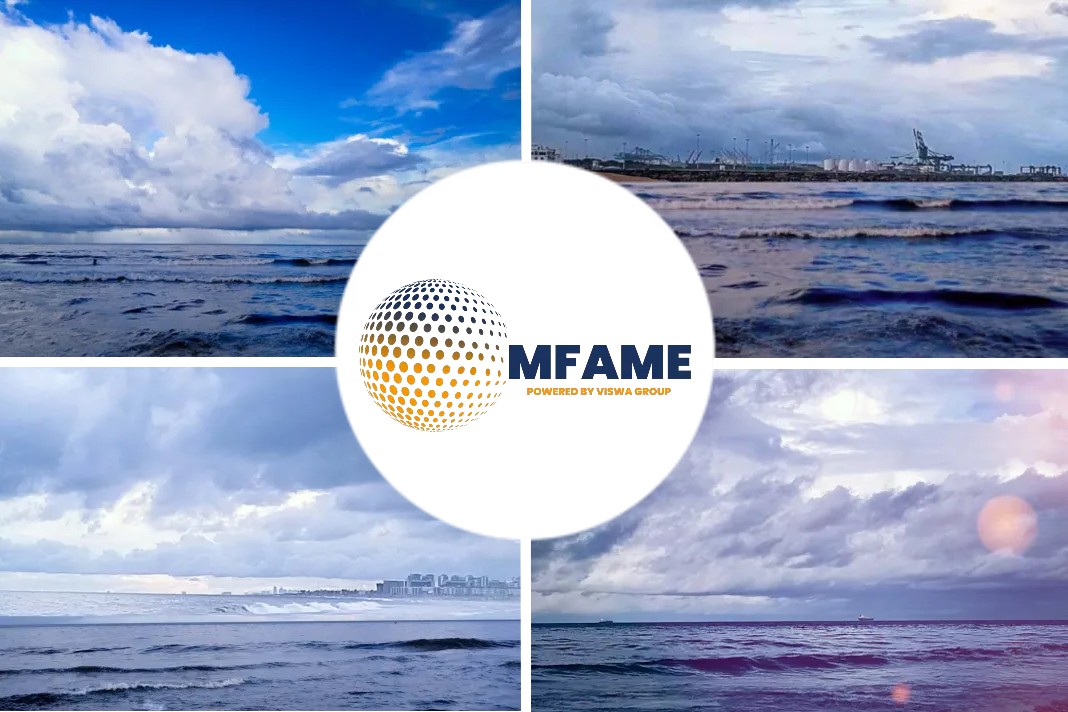
Odfjell Ship Management has selected Alfa Laval’s OceanGlide fluidic air lubrication system for installation on one of their tankers later this year, reads an Alfa Laval release.
OceanGlide fluidic air lubrication system
OceanGlide is newly acquired technology for Alfa Laval. The patented and class-approved system utilizes fluidic oscillators to generate an even layer of micro air bubbles across a vessel’s entire flat bottom, reducing friction and drag and therefore fuel consumption and CO2 emissions.
The fluidic technology creates streamlined sections on the vessel’s flat bottom, each with its own fluidic band that generates bubbles. The independent steering of each band allows a more controlled and streamlined flow of air bubbles for ensuring optimal efficiency, maximum coverage, and reduced compressor power.
Ensuring an effective air layer
The system’s high efficiency in producing bubbles ensures an effective air layer with fewer compressors and provides the added advantage of conveniently positioning them anywhere on board. The system requires no structural modifications or vessel recertification, which makes it ideal for retrofitting as well as for new builds. The fluidic bands, designed with a low profile and no moving parts, can be configured underneath the ship at any shipyard with ease.
“Odfjell has installed more than 130 energy-saving devices on its vessels since 2014,” says Erik Hjortland, Vice President Technology at Odfjell. “In Q1 2023 we reported a historical low carbon intensity – more than 50% below the IMO baseline for our fleet. Our decarbonization efforts do not stop with this achievement – now the time has come to start deploying more enhanced technologies. We believe fluidic air lubrication technology is a natural next step for us, and we look forward to deploying the OceanGlide system to further reduce our carbon intensity.”
Air lubrication technology supports compliance with Energy Efficiency Existing Ship Index (EEXI), Energy Efficiency Design Index (EEDI), the reduction of carbon intensity to meet IMO’s carbon Intensity Indicator (CII) requirements and any future CO2 taxes.
Did you subscribe to our newsletter?
It’s free! Click here to subscribe!
Source: Alfa Laval















